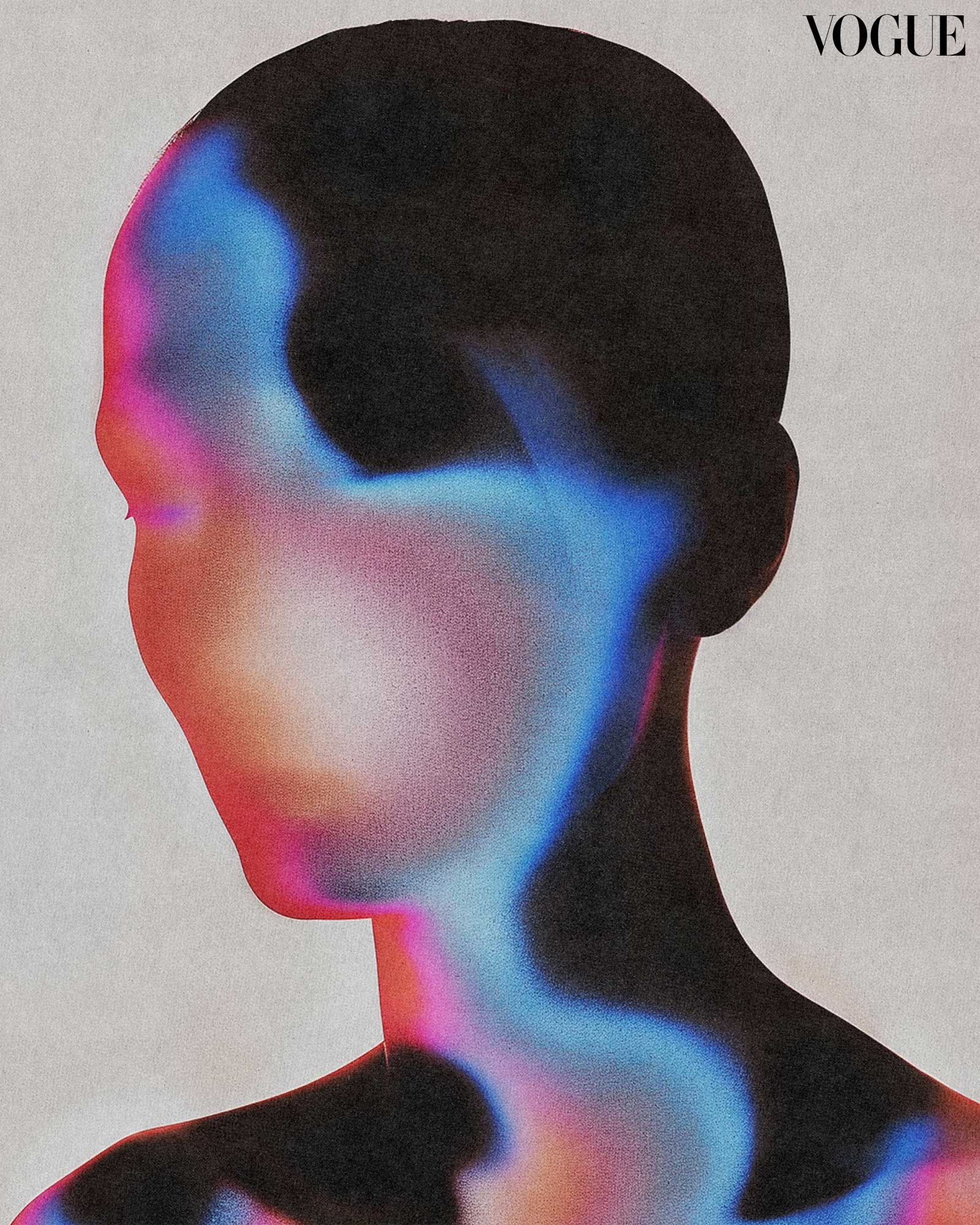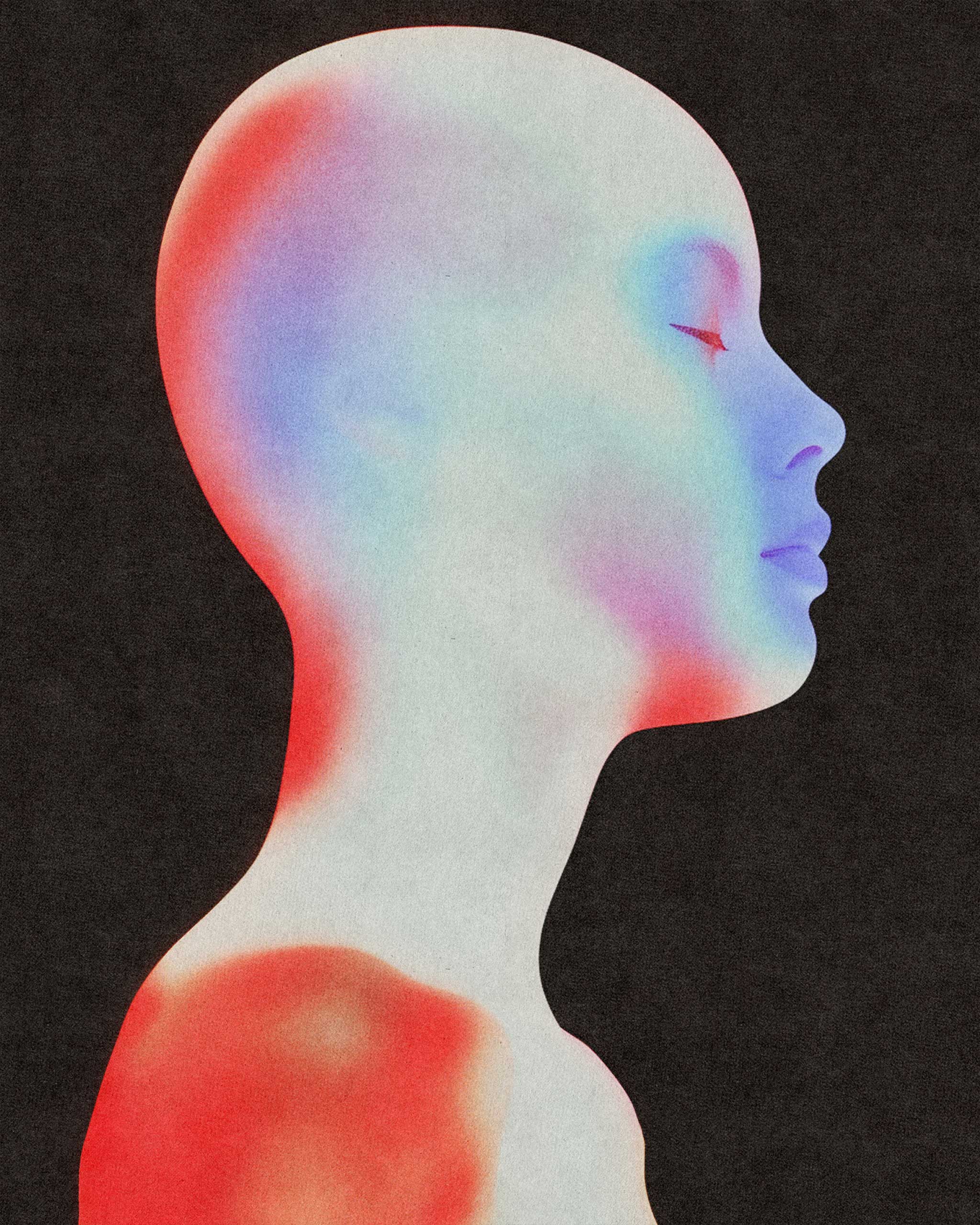Artwork by SERIFA
The answer to this often-loaded question lies in science-based strategies designed to help us understand ourselves better.
“The ability to recognize and understand your own thoughts, feelings, and behaviors is self-awareness,” says Steph Naval, the founder and CEO of Empath, an enterprise that provides community-curated mental health care services to workplaces, schools, and non-profit initiatives. So important is self-awareness that it lays the groundwork for how we manage our emotions and reactions to different situations, with research telling us that it also builds resilience, creates fulfillment, and shapes emotional intelligence.
Never has developing those qualities in an individual been more important than right now, with all of us still reeling from the aftereffects of living through the pandemic. Interestingly, it was also in 2020, the year we were hit with life-altering change, when the scientific non-profit How We Feel Project launched. The project’s goal was simple: to help everyone better understand their own emotions. And it came when it was most needed. Eventually, the project paved the way for its flagship contribution: How We Feel, a free, award-winning app designed by a team of scientists, designers, engineers, and psychologists. With over a million downloads, the app has helped countless individuals describe and regulate their emotions better through daily check-ins and other tools like mindfulness strategies, interactive exercises, and breathing techniques.
The work of Marc Brackett, Ph.D., the founding director of the Yale Center for Emotional Intelligence and the app’s co-creator and science lead, sheds light on how emotional intelligence can be an effective indicator of one’s well-being and success. It’s a powerful skill to have in one’s arsenal, with adults looking for emotional intelligence in potential partners and employers treating it as a bedrock for healthy decision-making and effective leadership.
To start developing emotional intelligence, in spite of how counterintuitive it sounds, you have to use your head. “Emotions are data,” says Brackett. “They are information and there is no ‘bad’ emotion.” According to the science behind emotional intelligence, curiosity does not kill—on the contrary, it helps us flourish. “The more curious we are about exploring our feelings, the more we learn how to use our emotions to help achieve better relationships and well-being, and the more we can use that knowledge to help achieve our goals,” Brackett says.

To become what he calls an “emotion scientist” (the opposite of an “emotion judge”—someone who is critical of how they and others feel), five key skills are helpful. He developed the mnemonic RULER to help us remember how to approach our emotions: we Recognize, Understand, Label, Express, and Regulate them.
For anyone with a smartphone, How We Feel is a practical first step in developing these skills. “The app provides over 144 words and definitions to help describe the emotions we have,” says Brackett. “It then asks people to tag their labeled emotions with their location, who they’re with, and what they’re doing, to further unpack the possible triggers and cause in that moment. You also have the choice to journal about it to help uncover themes and patterns for that particular emotional reaction.”
When we have the self-awareness to develop that first skill—recognition—and become more attuned with our emotions, we also put ourselves in a better state of mind. “Higher emotional intelligence, especially self-awareness, is associated with improved mental health outcomes, including decreased symptoms of anxiety and depression,” says Naval. According to the latest available research from the World Health Organization, anxiety and depression are among the most prevalent mental health concerns in the Philippines.
Having access to a well-being check-in right in the palm of your hands can be a lifeline, especially within Filipino context, where challenges with emotional and mental health are still seen as “invisible” concerns compared to more conspicuous physical conditions. To lessen the gap, Naval says that Empath also infuses their strategy with technology, using telemedicine to provide employees, schools, and communities supported by non-profits with affordable access to mental health services. Partner organizations are even able to avail of free mental health consults for their members.
Affordability is not always synonymous with mental and emotional healthcare, but beginning to invest in knowing yourself is one of the few things in life that doesn’t have to come with a cost. “There are many ways you connect with yourself that’s affordable, simple, and not very time-consuming,” says Naval. Some action steps that have personally worked for her include working out, reading, and listening to free guided meditations online. Assists from science and technology make the work we need to put into knowing ourselves more manageable, but ultimately, they’re not designed to do the work for us. Having strategies for emotional and mental self-understanding needs a commitment that can’t come from a therapist or be toggled in an app—to know thyself, you have to start with you.

